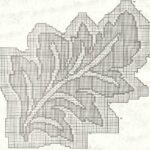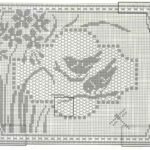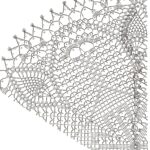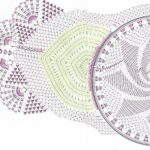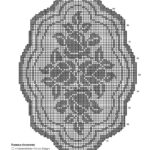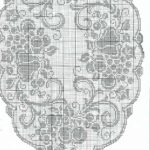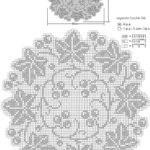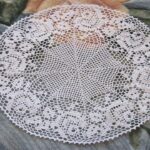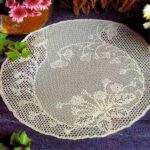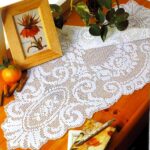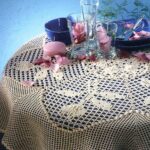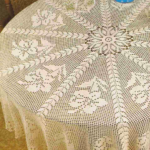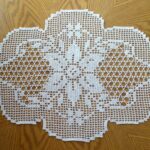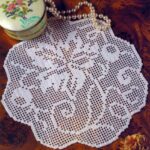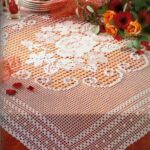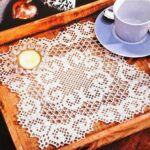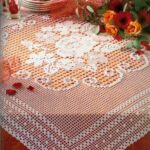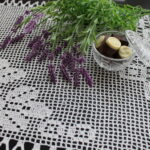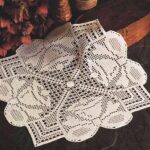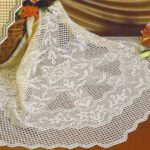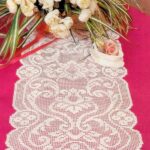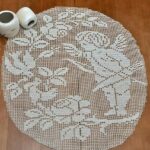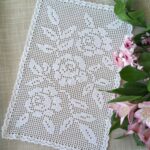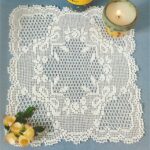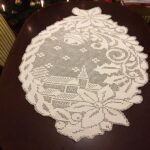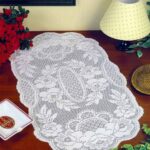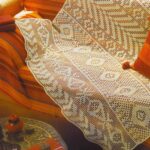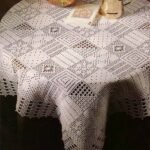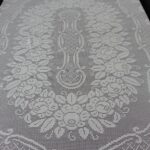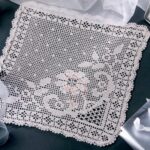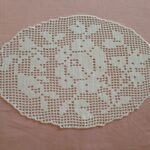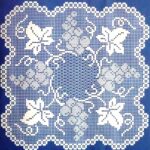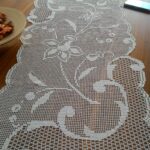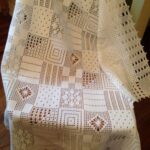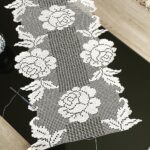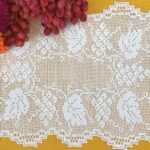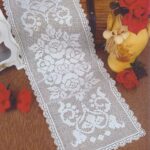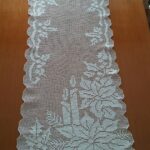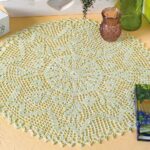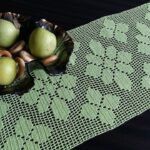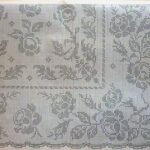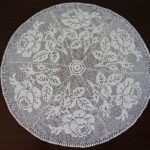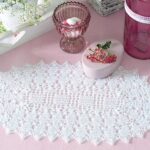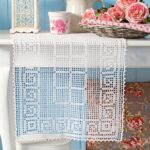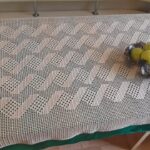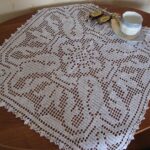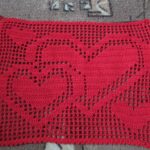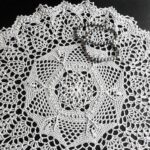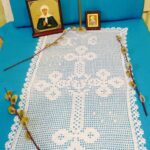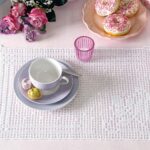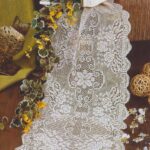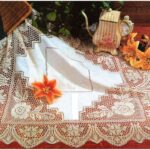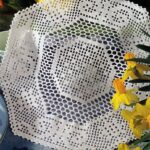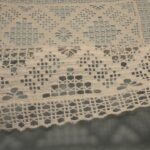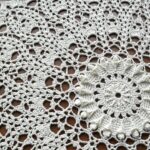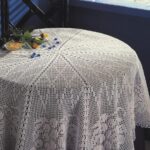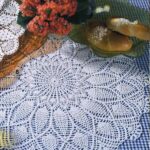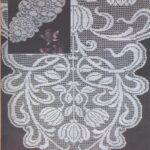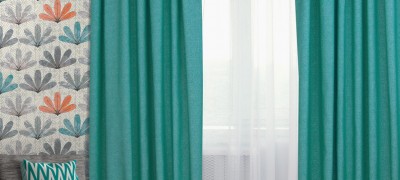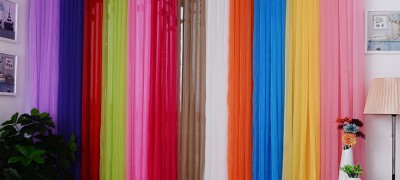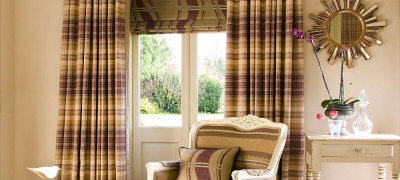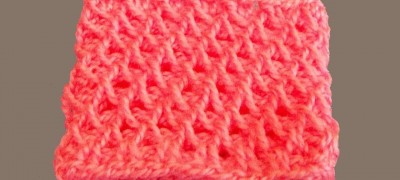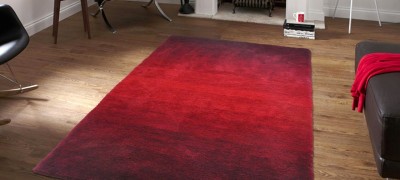How to crochet sirloin napkins
Fillet napkins are amazingly beautiful products, they cannot leave anyone indifferent. We will deal with all the nuances, including those related to the work on the original product.
What is sirloin knitting technique
Products made using fillet knitting technology, although visually similar to traditional lace, in fact are not.
Note! With all the external similarity, products made using the mesh knitting technique are more practical than the thinnest original.
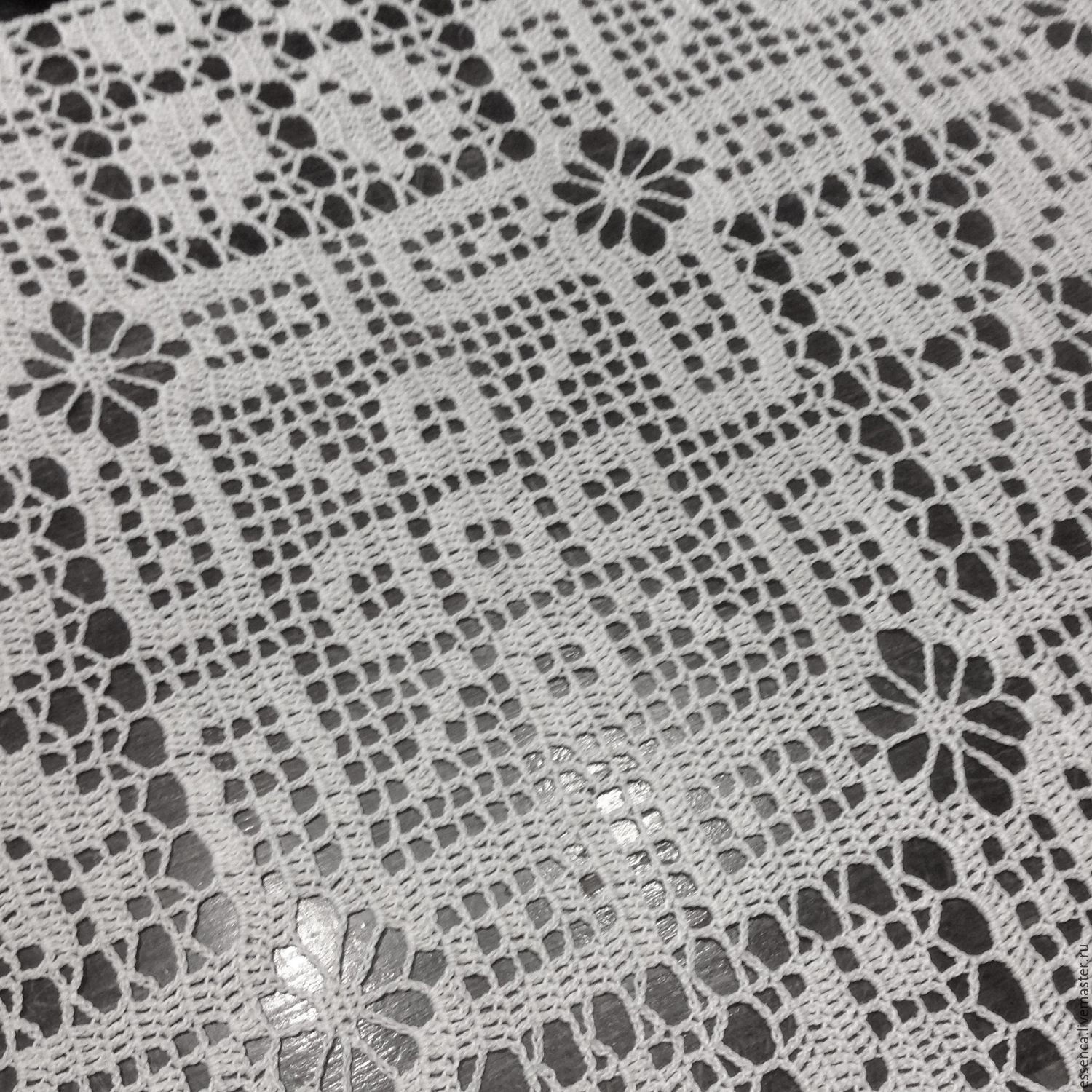
This knitting is done by crocheting. The style originated as an imitation of the embroidery of the same name (mesh sewing). Often, technologies are successfully combined in one product, and it looks very elegant.
In knitting, patterned cells are knitted together with the net immediately, and not as it is done when imitating a lace fillet (by sewing patterns onto a net fabric). The crocheted mesh alternates between filled and empty cells.
How to make a sirloin napkin
First of all, we note: there are a lot of beautiful options for crocheted sirloin napkins with schemes in Russian on the Internet.
The napkins made using the fillet knitting technique look like a patterned mesh: they seem to be airy. And a similar effect is achieved due to the following: at the end of the work, not a continuous canvas comes out.
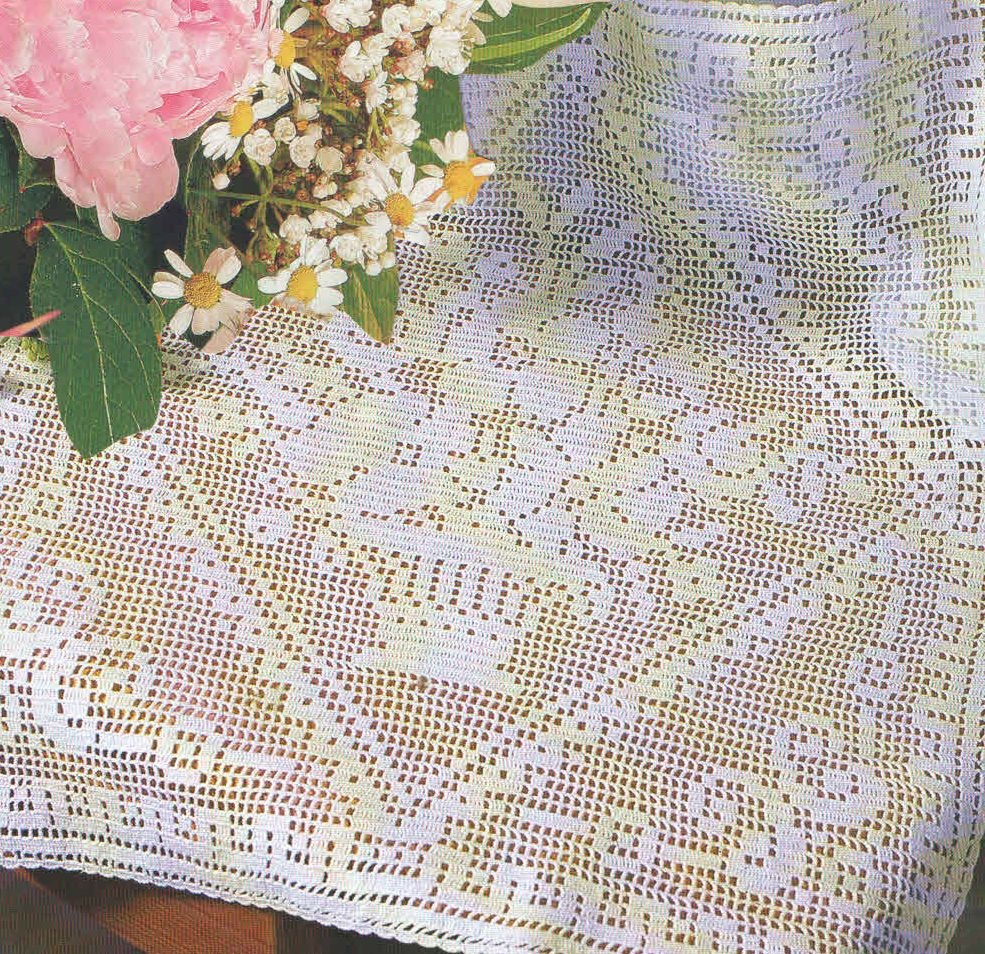
In the course of knitting, the cells are passed or filled with alternating crochet, unshaped columns and chains of loops. In subsequent rows above the chain, one or more columns are knitted, separated by other chains.
Working according to the scheme, the craftswoman receives a pattern in the form of a mosaic - an openwork fabric with holes.
Note! Often the napkin does not have a definite or well-defined geometric shape. This is because the number of columns, as well as gaps, is not fixed (there may be 2 in one row, 6 in another, etc.) and the cells, respectively, are not filled in a row.
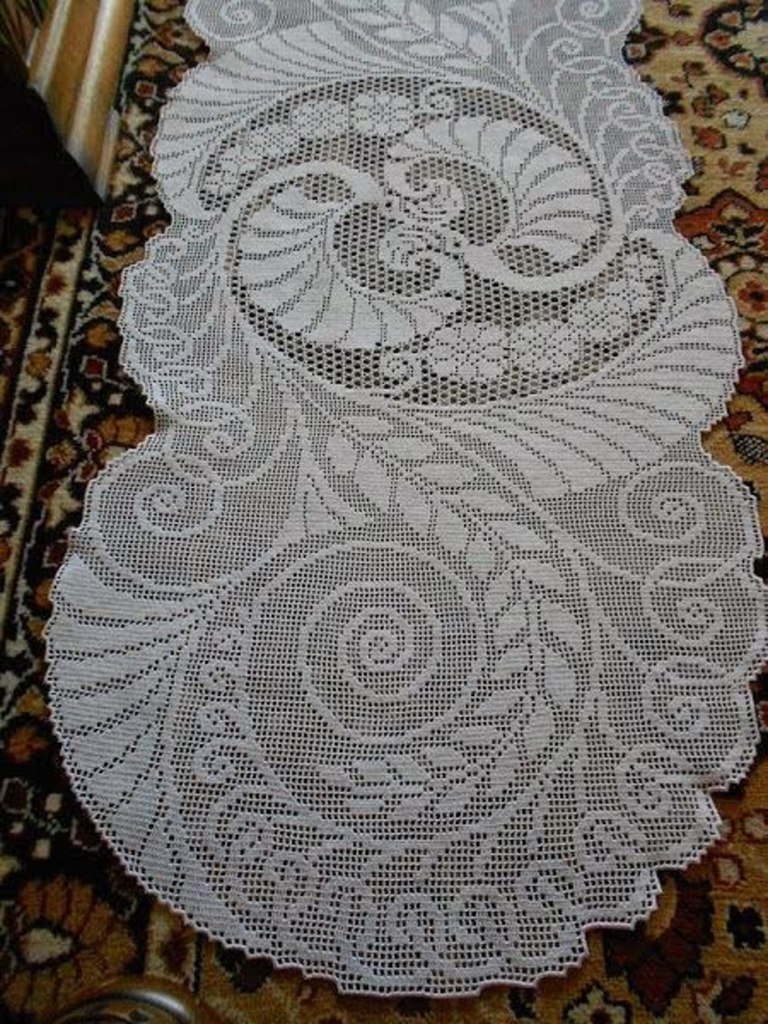
Selection of tools and material
Usually, craftswomen make sirloin-knitted napkins with cotton; viscose with linen is also popular as a material. But the products will be even more original if you take synthetic fiber yarn or shiny lurex thread.
The yarn is usually white. However, modern needlewomen often use multi-colored threads in one product.
Note! The hook is selected depending on the thickness of the threads with which it is supposed to work. If both the hook and the threads are thin, the result of needlework will be an almost weightless product, like a spider's web. It looks gorgeous.
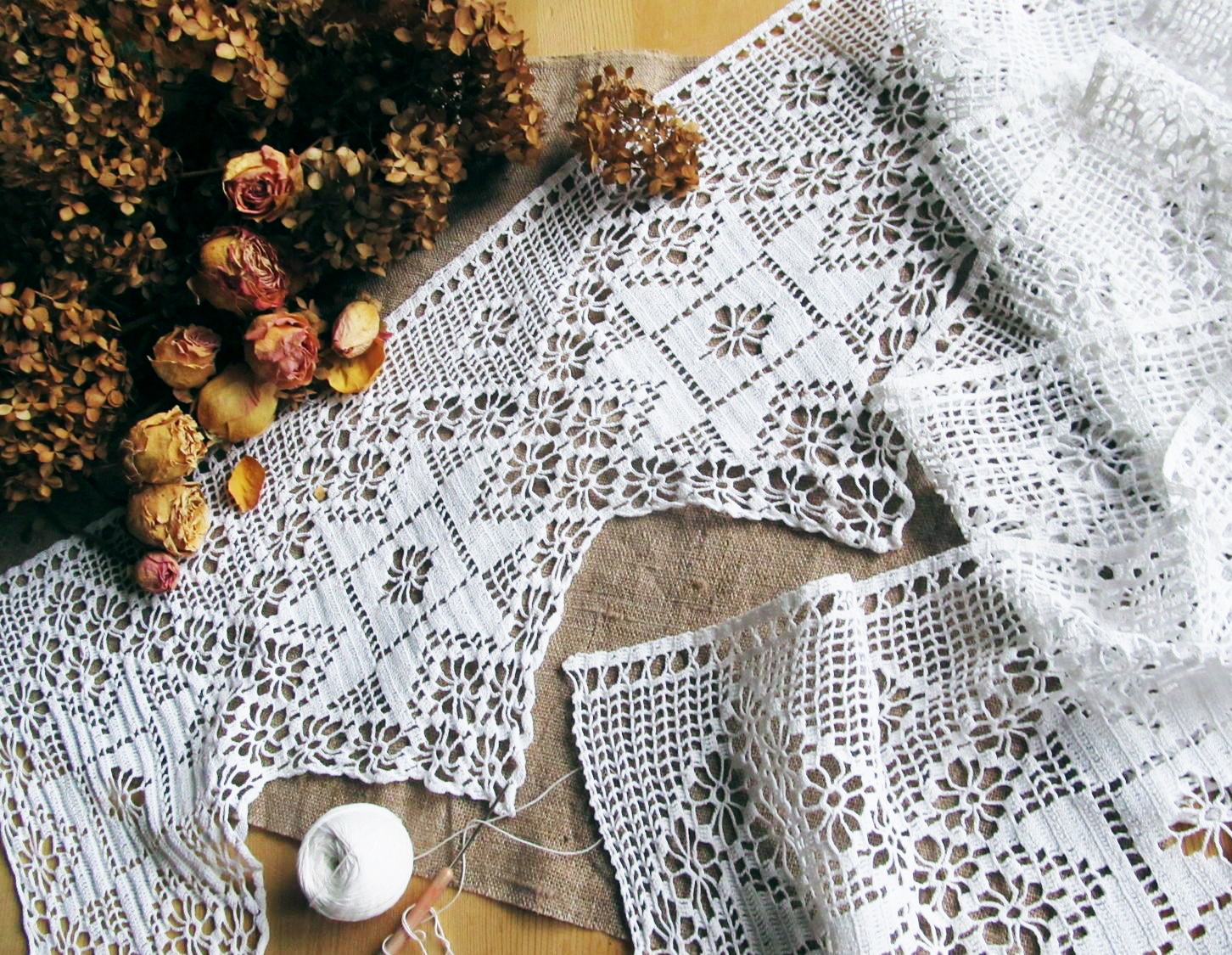
Various schemes
Napkins knitted using the above technique can have very different shapes. Let's consider the options.
Simple
You should start with the simplest schemes. Hands get used to it quickly. With this comes the understanding that knitting using this technology is a real pleasure. The product grows right before your eyes.Since the basis here is a mesh, it is knitted faster than a complex woven fabric. The drawing is also as if in the palm of your hand, it is perfectly visible, there is often no need to check with the diagram.
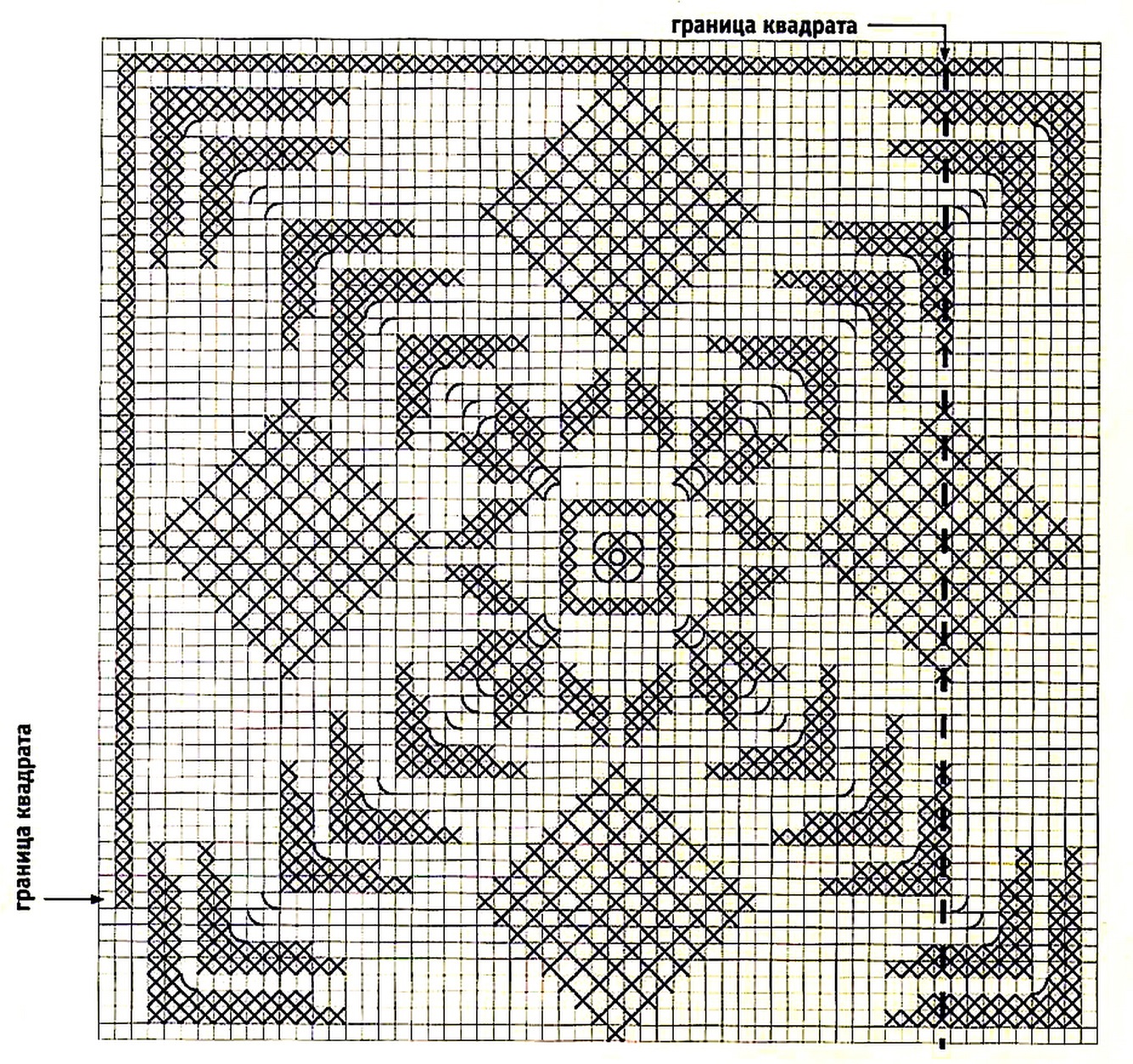
Rectangular
When knitting such a napkin, you do not need to subtract and add cells around the edges. Knit in a straight line, alternate filled and empty cells.
Important! A knitted rectangular napkin looks sloppy at the edges: you need to border it, for which it is crocheted around the perimeter.
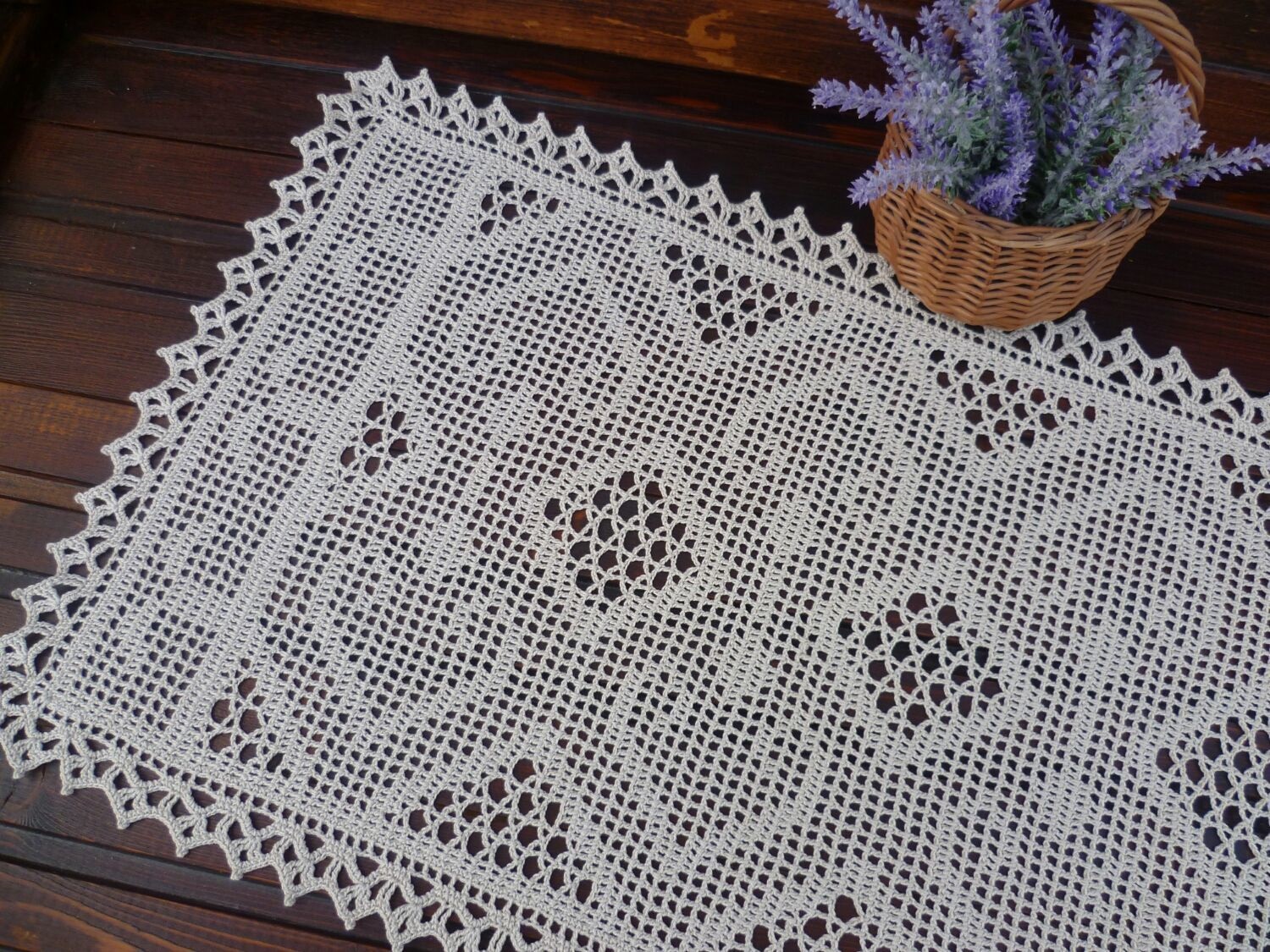
With flowers
Crochet sirloin patterns are so simple that even beginners will understand. You can make such schemes on your own, while you need to navigate the patterns for embroidery.
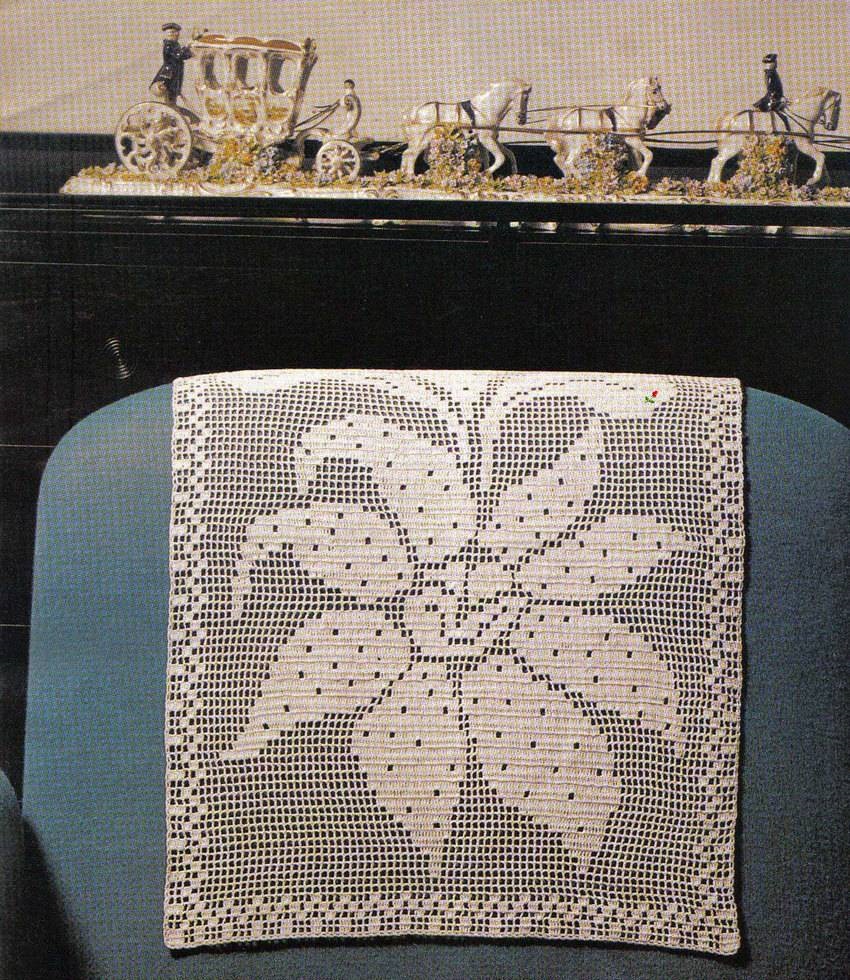
Additional Information! The pattern is created thanks to just two elements, but despite this, a great variety of options are available. To develop a sirloin floral knitting pattern, create a drawing: you need to paint over the squares on paper or use Word tools.
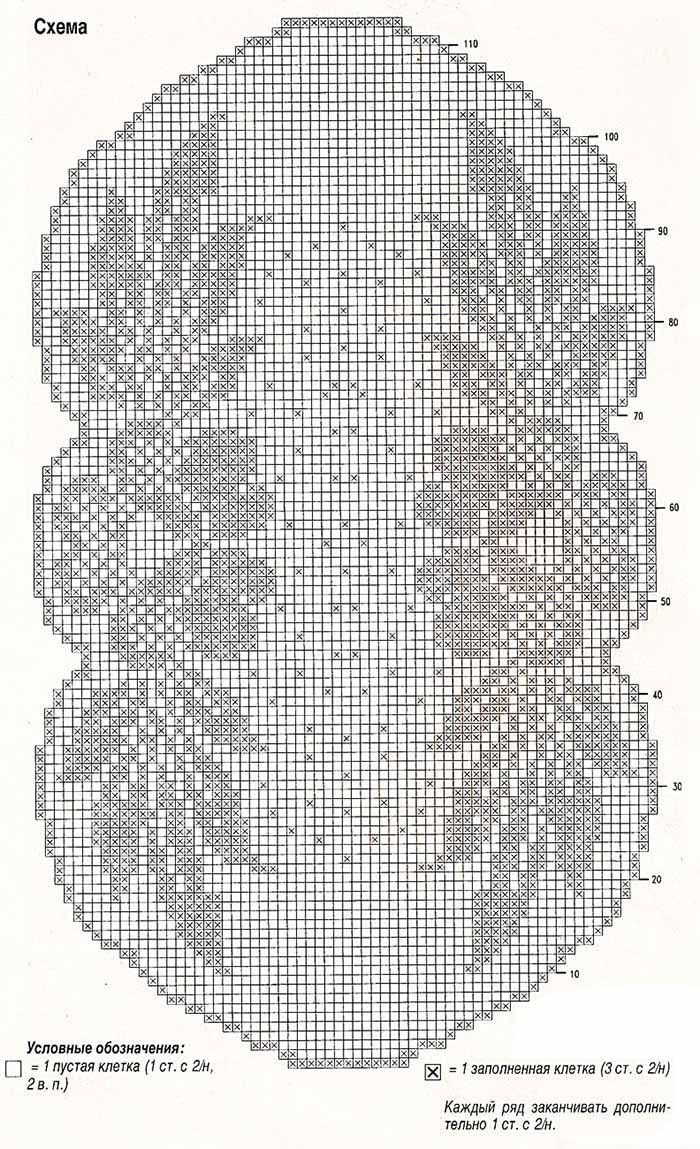
When knitting a pattern, empty cells are filled with ring columns. The number of the latter is equal to the number of air loops.
Oval
By alternating filled and empty cells, square or rectangular products are knitted. But they are not the only ones. Oval / round napkins also look very elegant.
They are tricky to knit, since it is necessary to add and then subtract.
In any case, such work is for patient and hardworking needlewomen.
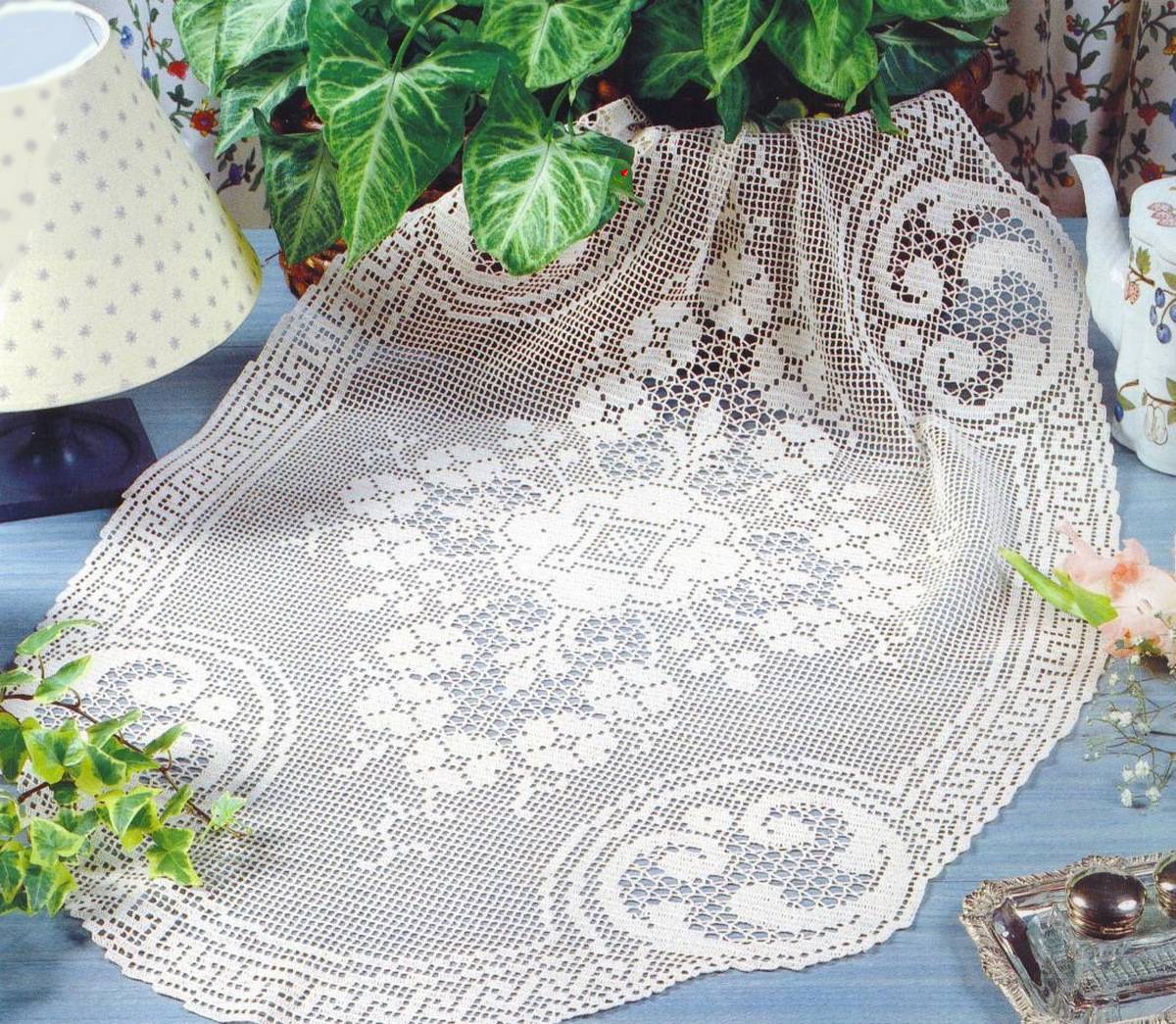
Round
If such a napkin shape is chosen for knitting, it is necessary to figure out how to add and subtract cells along the edges of the row: the canvas should be rounded.
Cat Baiyun
Such an original napkin is knitted from cotton threads. Air loops and collars are knitted.
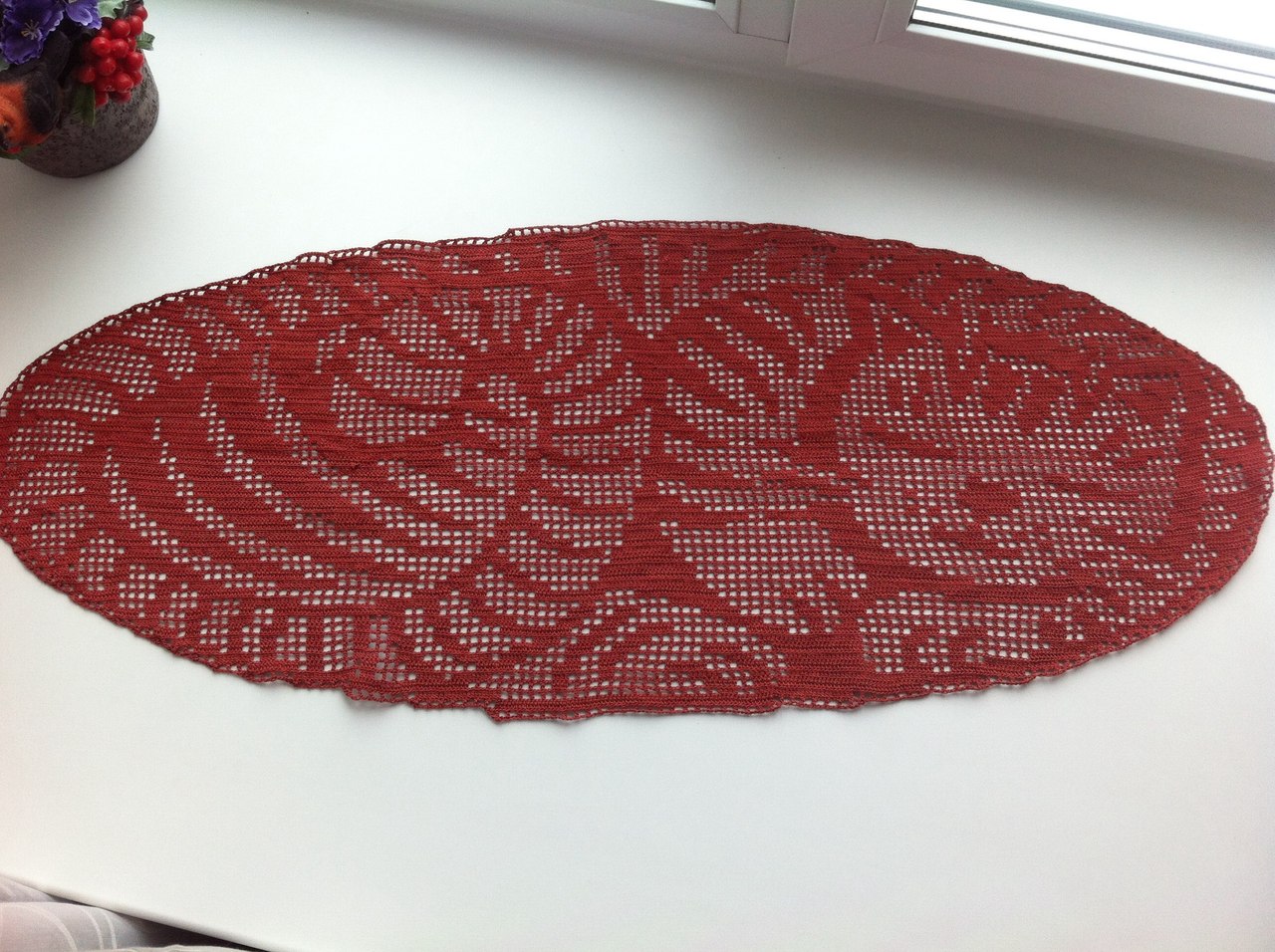
Samba
You can knit it with Iris threads of different colors:
- yellow;
- green;
- white;
- blue.
The hook is used 1.5.
Additional Information! Knitting a Samba napkin is not difficult. The main thing is to strictly follow the pattern and adapt to the frequent garter of multi-colored threads. Also, many of the ends of these threads need to be hidden, so that in the end the product has a neat look.
Easter napkin
It will not take much time to knit such a product, the complexity of the work is average. You can try to knit two or three identical napkins, but in different colors. It will be pleasant for loved ones, you will get stylish and cute products.
The best material for an Easter knit is yarn:
- linen or viscose;
- made of cotton.
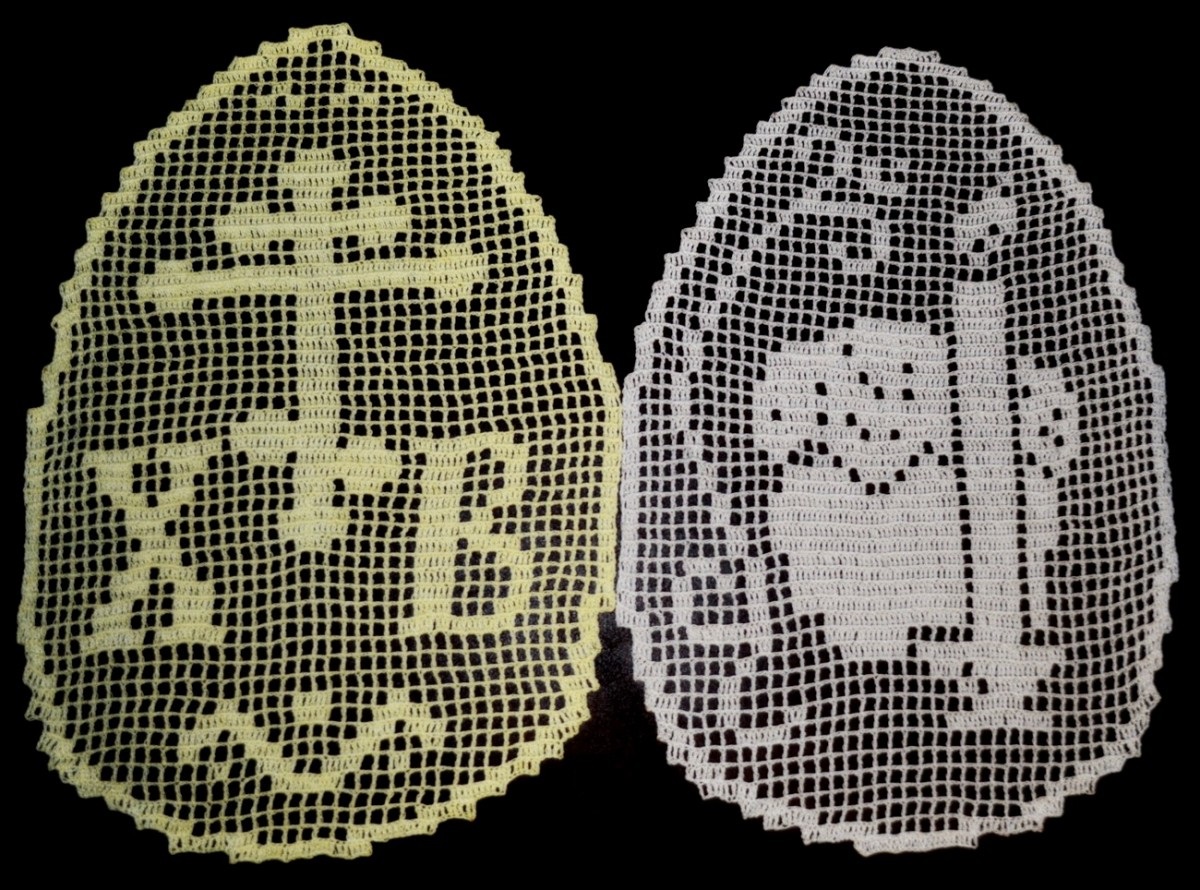
And also other combined types of threads with the above-named fibers in the composition.
Knitting such a decoration for Easter is considered the simplest. It is better to start work along the bottom edge, following to the top of the picture. When the napkin is almost ready, the edges are tied with a curly border.
How to tie a sirloin tablecloth and a blanket with your own hands
If you learn to knit napkins, you can try to make bulky items. So, a great option is to knit a tablecloth with your own hands.
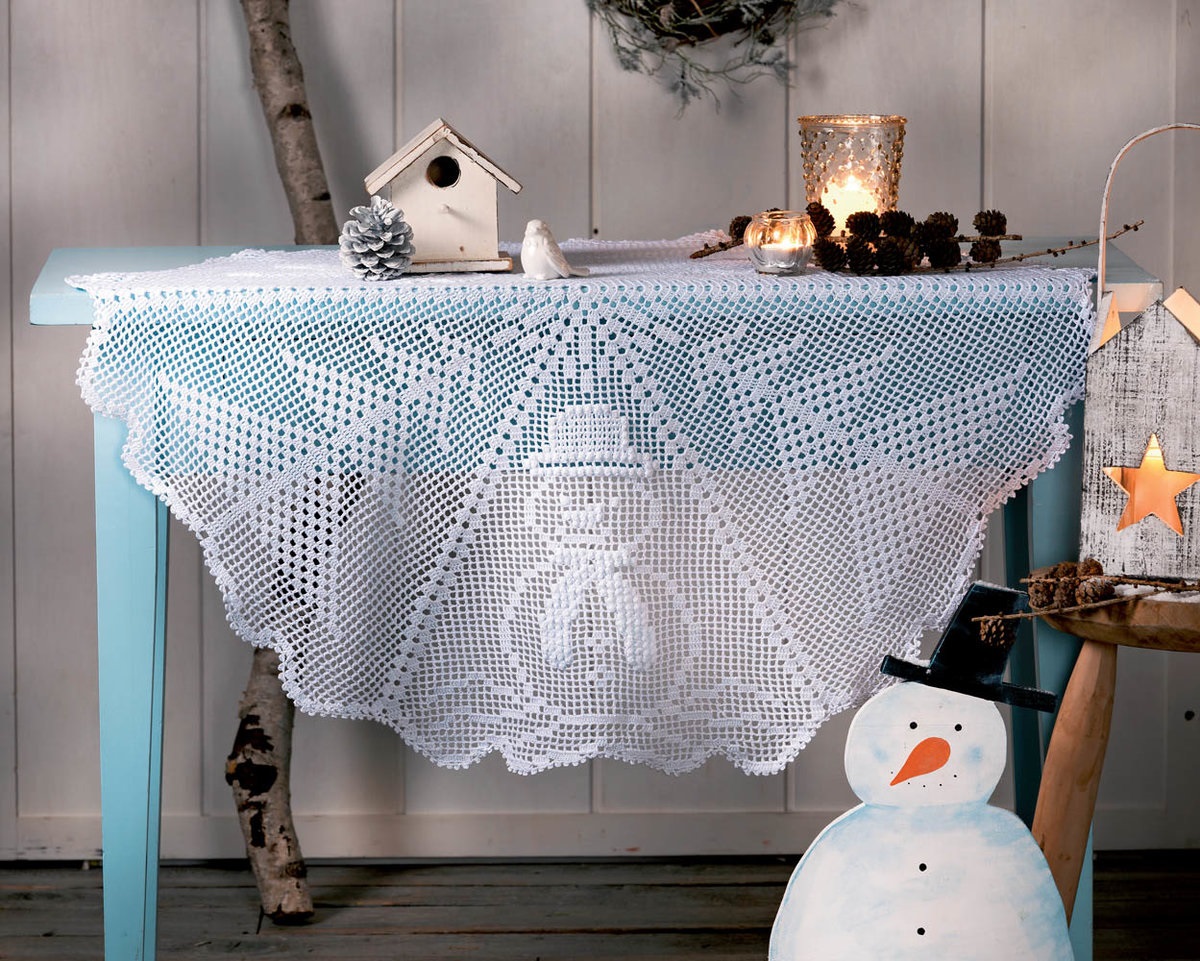
You can take different patterns. Needlewomen with experience come up with their own weaving, finding real pleasure in this creative process.
To create such a product, they collect the intended number of air loops and then adhere to the selected scheme in the work. Shaded cells are performed using the reverse loops technique, others are made straight. This is how a sirloin fabric is created, which outwardly resembles a beautiful thin mesh.
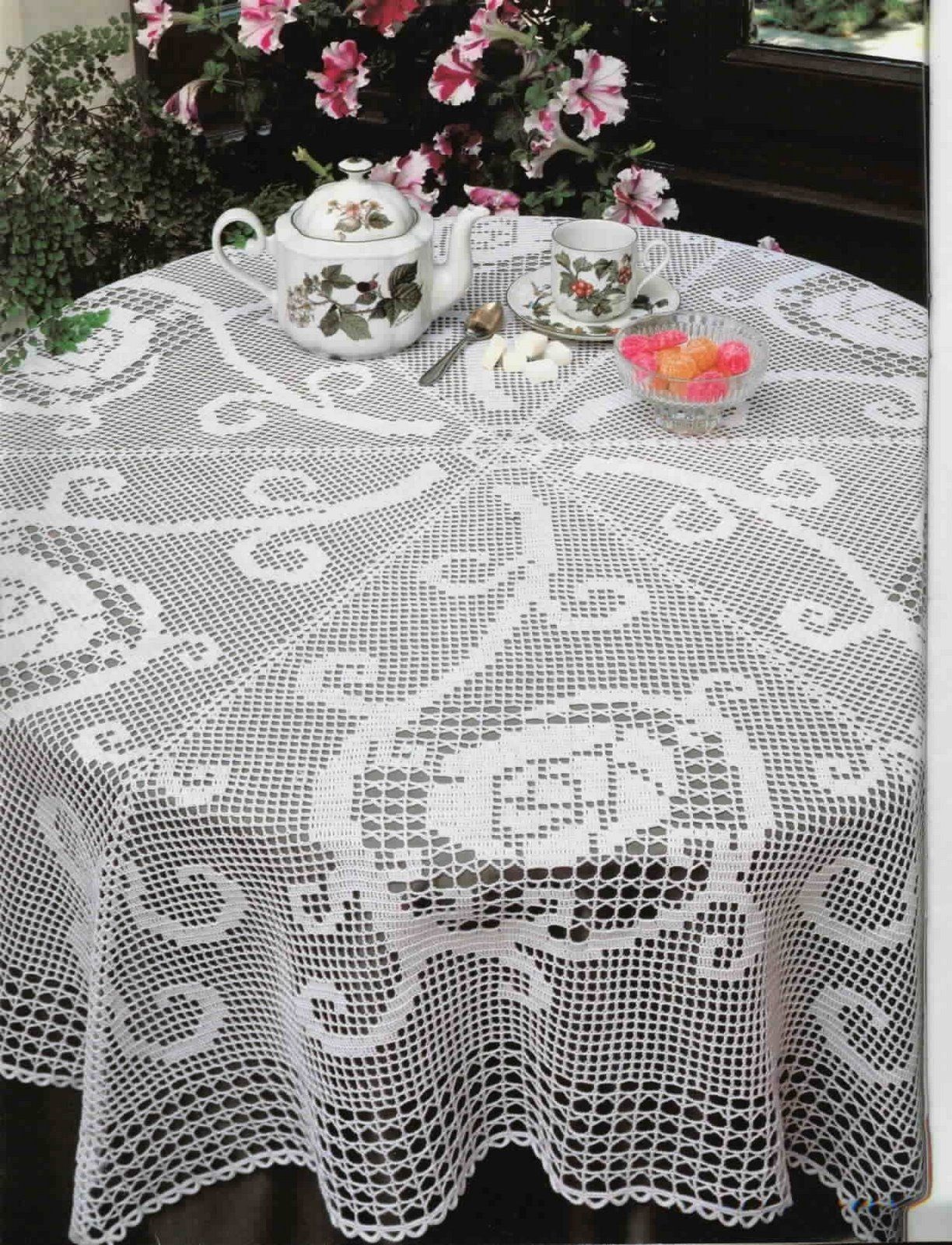
Note! In order for the tablecloth (and this is already a large product in size - from a meter in width or length) to keep its shape well, threads are selected, which include both cotton and up to 50 percent polyester.
A square-shaped sirloin tablecloth will only become more beautiful if it is supplemented with a large pattern in the middle. For example, a large flower.
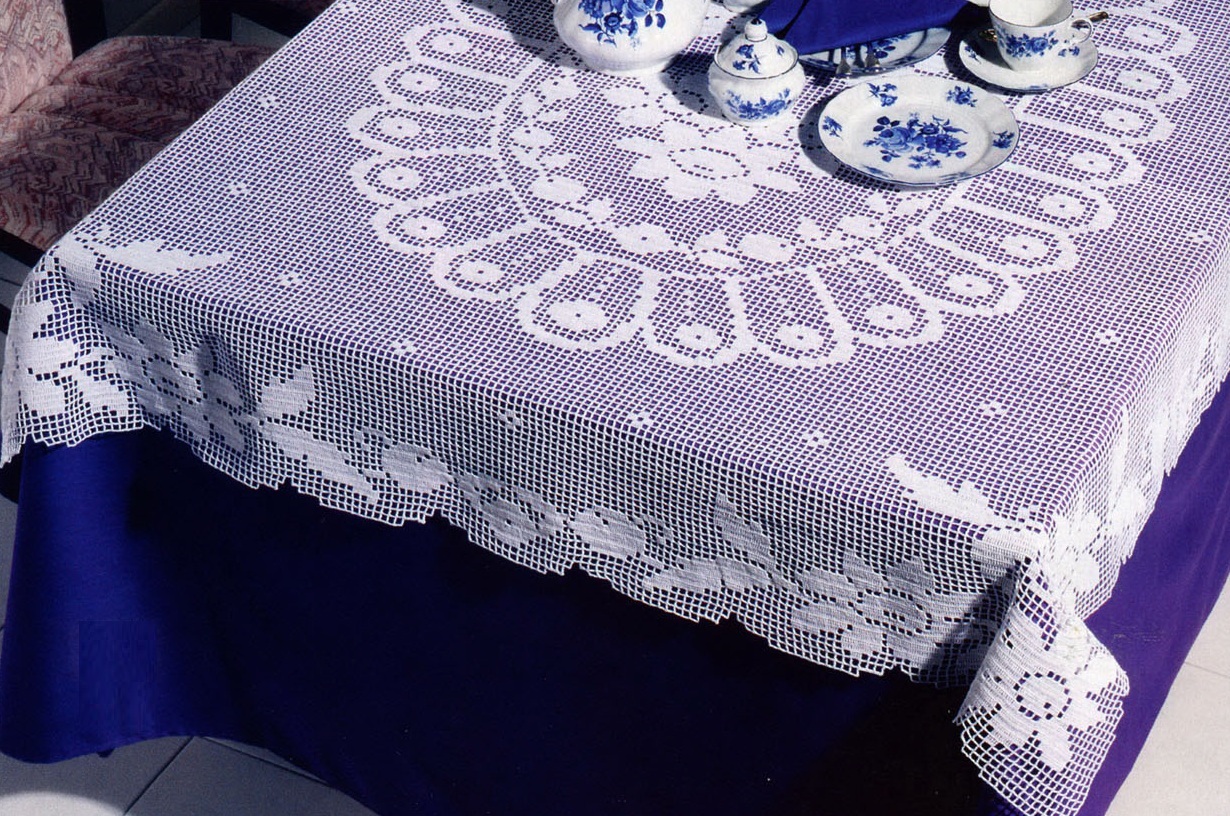
And for knitting, for example, a blanket, bedspreads (a denser product), you will need, respectively, thicker threads, a hook larger than for knitting napkins. Moreover, the density is different for all craftswomen, it is like a handwriting, special for all.
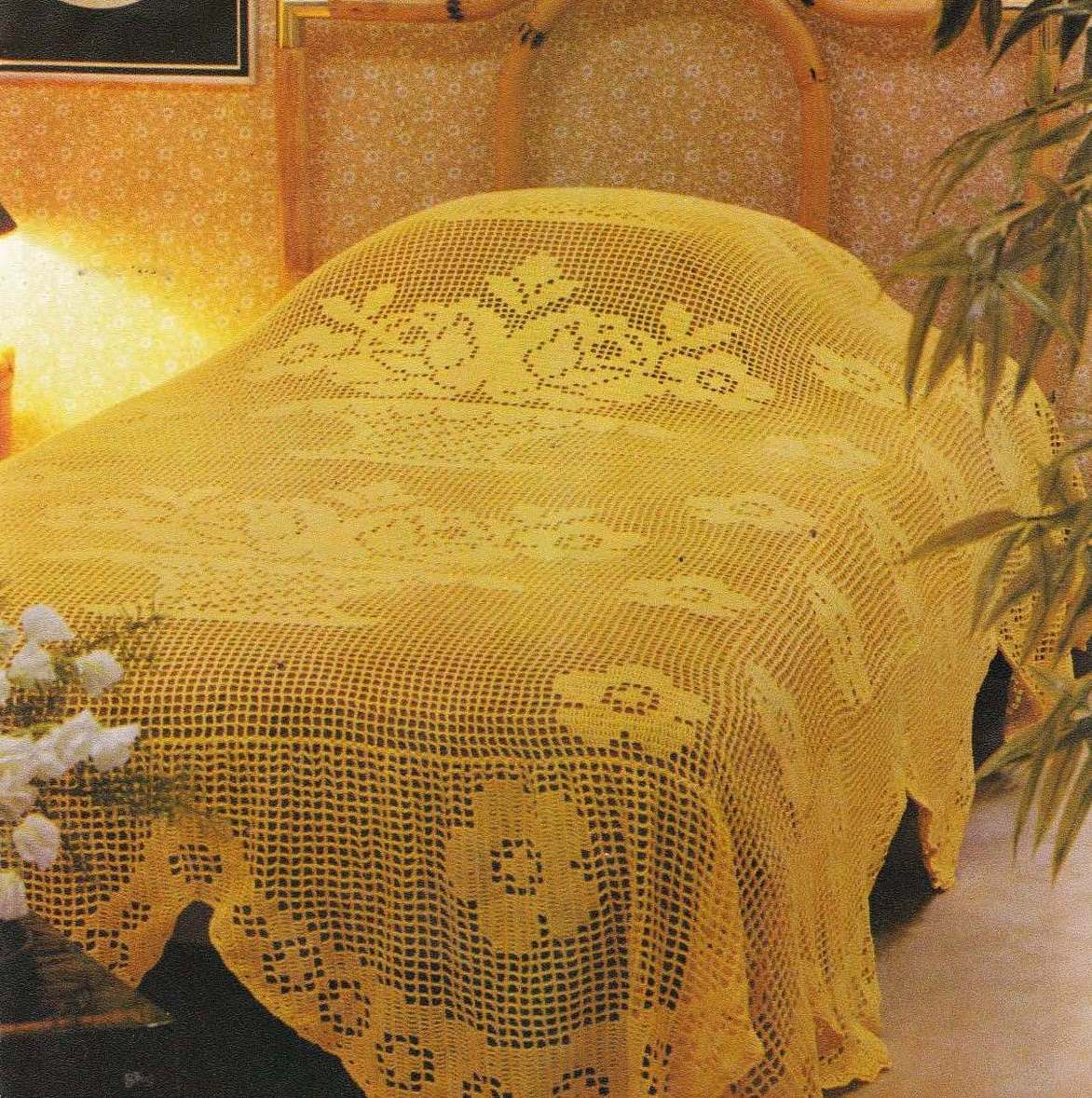
Important! In any case, whatever the knitter's experience, it is worth starting work with a rough version of the pattern. To this end, it is better to pick up the most difficult piece, then pick up a few loops on a separate hook.
By practicing knitting in advance on a draft version, you can avoid annoying blunders during knitting of a product that is already directly conceived for production.
Decor features
There are many patterns with sirloin patterns for different holidays. You can even create whole pictures. Thanks to this method, beautiful roses can bloom on knitted canvases, oak leaves with acorns show off, poppies "blaze" and so on.
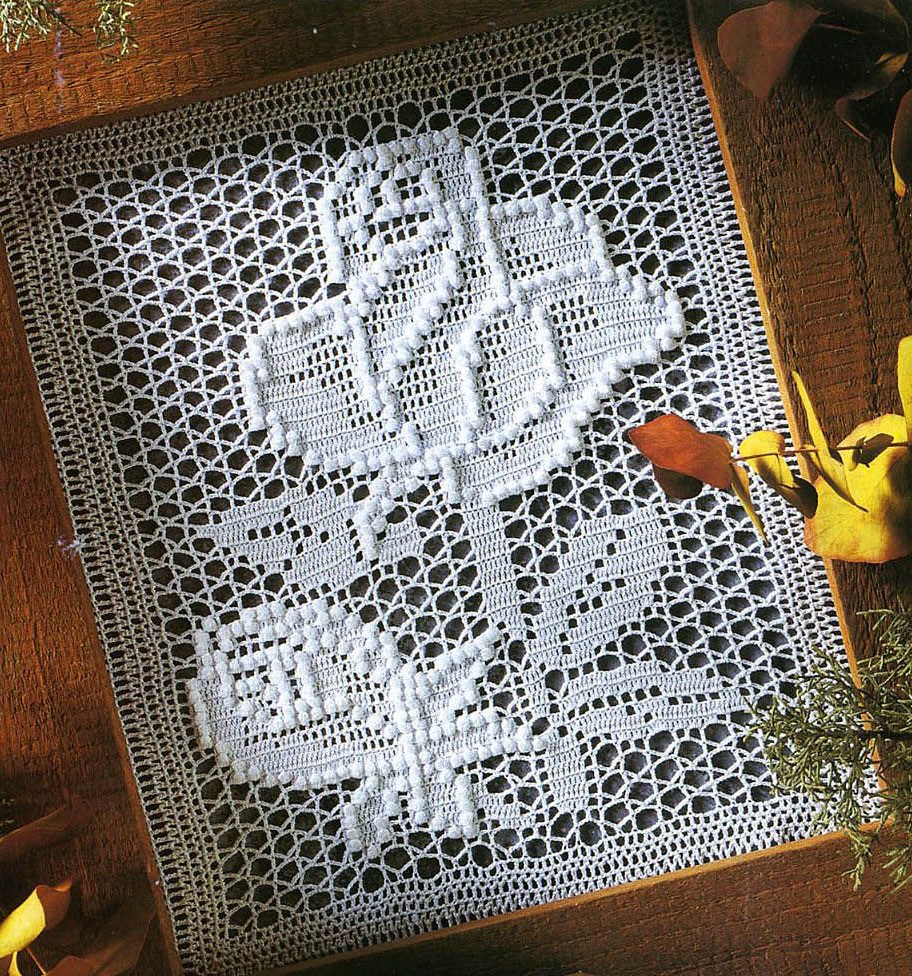
You can also make fabric inserts on products.
Such knitting will look good in a mat for pictures or photos. Fillet cats, birds, ships - whatever, any drawing, pattern can appear on the pillows.
Fillet knitting of a napkin is a simple and easy task. The products are excellent: they are used in different ways: as head restraints, capes, etc. And the internet is replete with many beautiful and simple patterns of crocheted sirloin tablecloths with patterns.
Video: all about sirloin crochet
